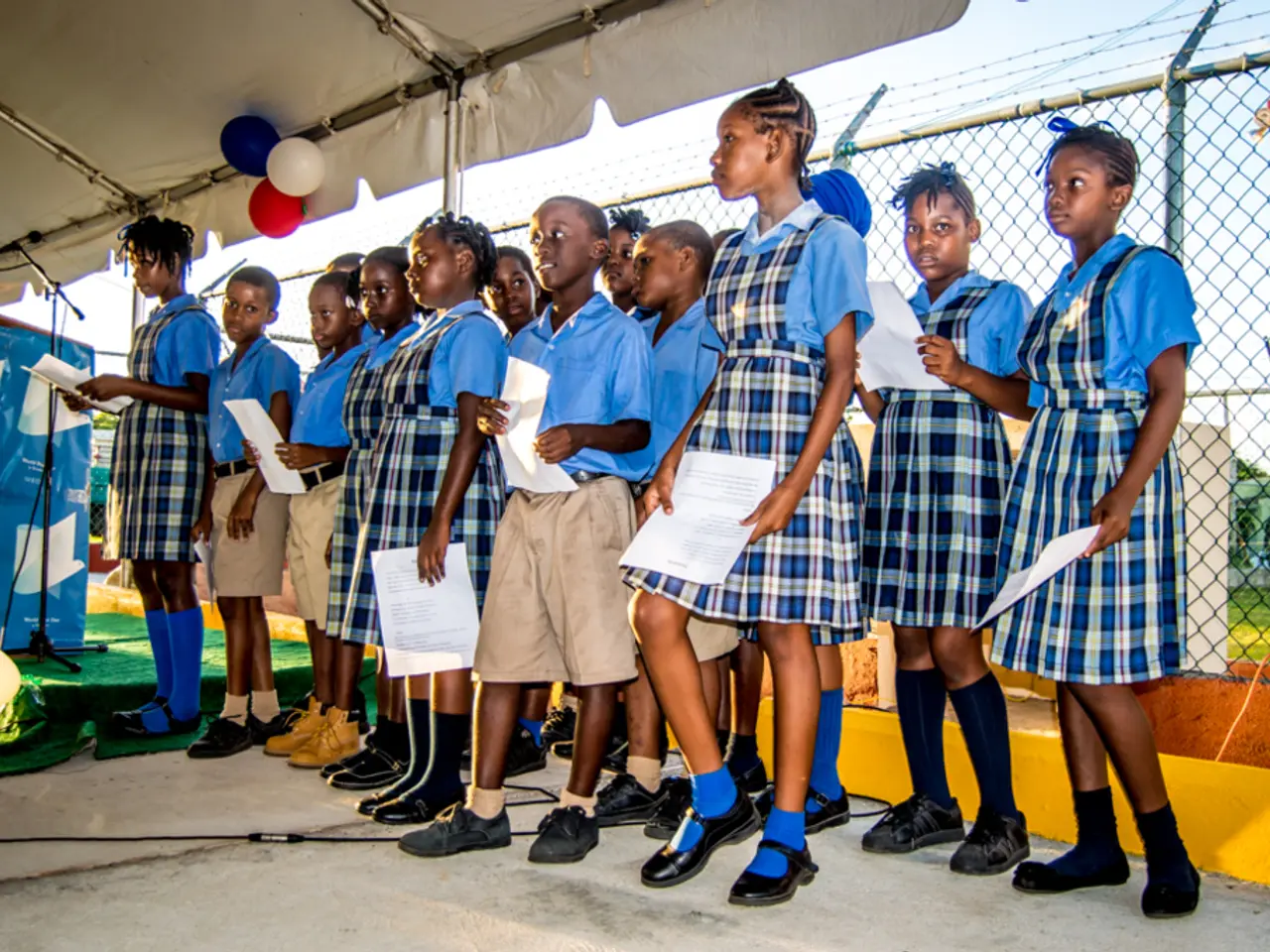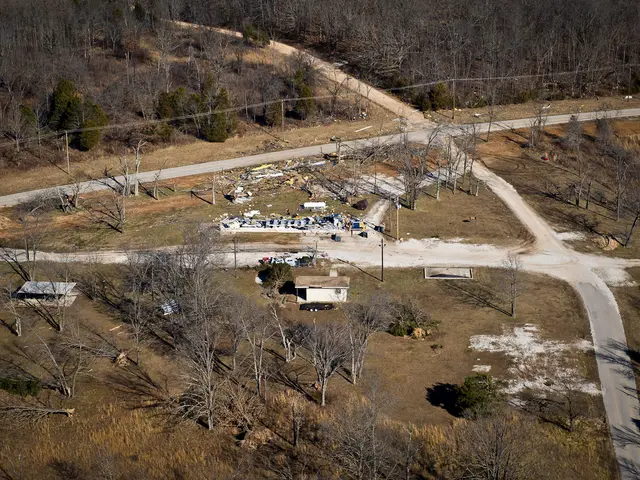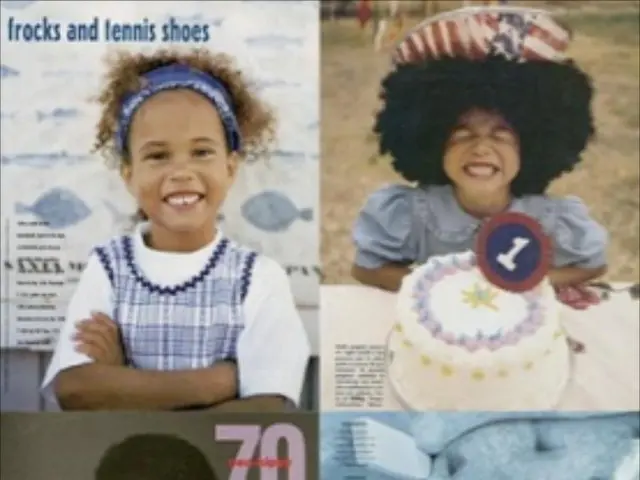Discussing war with your children: a guide
In these challenging times, the ongoing war in Ukraine has brought constant images to our news sources, which can be frightening for children. It's essential for parents and caregivers to approach conversations about the war with sensitivity and care.
Both parents and children may experience feelings of anxiety, worry, fear, and grief due to the war. To help children cope, it's crucial to be aware of their behaviour for possible signs of trauma, such as avoiding talking about the trauma, disruption in sleep patterns, or intrusive thoughts related to the war.
Start the conversation with your child by asking what they know and whether they have questions. Even if it feels difficult, talking with your kids about the war is the healthier choice. Address questions honestly and age-appropriately, and if you don't have the answers, search for them with your child.
Effective strategies include listening carefully to their concerns, supporting them in expressing their feelings through activities like drawing or writing, and using age-appropriate language to explain the war's cause, location, and potential impacts.
Shield young children from violent or disturbing news to avoid overwhelming them. Explain the conflict in simple, clear terms, focusing on the broad facts like the location (Ukraine) and the general idea of war without graphic details. Encourage children to ask questions and express their feelings, validating their emotions and providing reassurance.
Use creative outlets like play or art for children to process their feelings indirectly. Emphasize themes of hope, resilience, and the efforts of people working to protect children and families affected by the war, such as humanitarian efforts and international cooperation. Help children understand that while the situation is serious, many people and organizations are working to bring peace and safety back to Ukraine.
Communicate carefully and listen to your child with empathy during the conversation. Parents and caregivers should be mindful of the news their child is exposed to and the conversations between adults and other children in their lives. Families should consider an ongoing discussion about the war as the news evolves.
Remember, by balancing honesty with reassurance and emotional support, adults can guide children through conversations about the war in ways that nurture empathy and understanding without causing undue fear or distress. The quote, "When we can talk about our feelings, they become less overwhelming, less upsetting and less scary," is attributed to American television host Fred Rogers.
The authors of this guide are Jennifer Garbow, Anita Harris Hering, Ellie McCann, Cari Michaels, and Sharon Powell, who are website educators in family resiliency. For more resources and support, consider discussing the countries mentioned in the news articles, online or television news with your children. Find a map or a globe and have your school-age child locate those countries mentioned in news articles, online, or on television news.
In conclusion, it's important to acknowledge and manage the strong emotions that war can evoke in both children and adults, such as fear, anger, worry, and sadness. By following these guidelines, parents and caregivers can help their children navigate these complex emotions and develop a better understanding of the world around them.
Initiating conversations with children about the war's impact is not only about addressing education and self-development on the destruction, but also facilitating personal growth through empathy, understanding, and hope, given the family-dynamics at play. Still, maintaining a balanced lifestyle that includes open dialogues about global affairs, while ensuring a safe environment for children, remains crucial in these challenging times.






